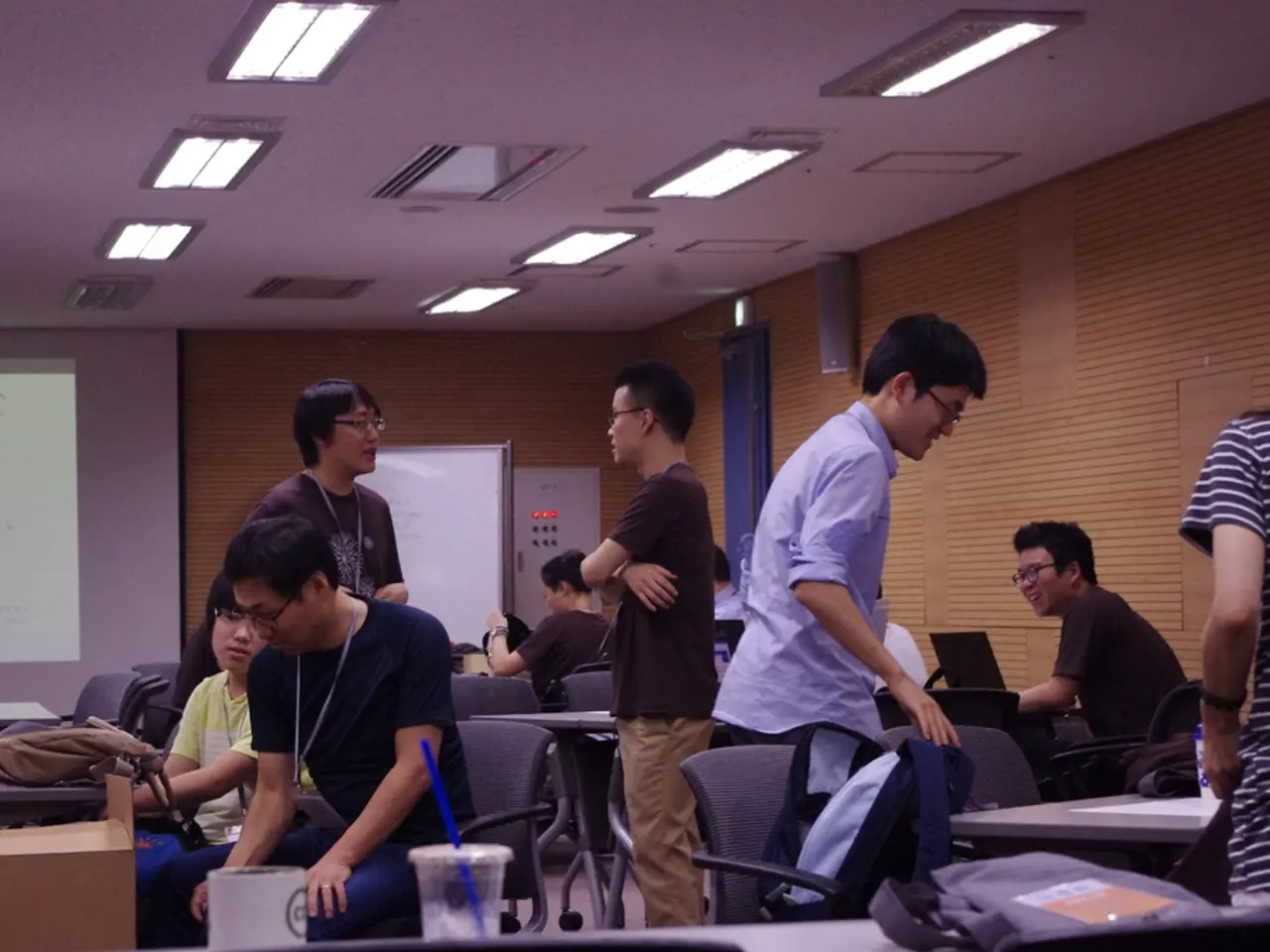Basic Educational Approaches in Teaching Methodology
In the ever-evolving landscape of education, various pedagogical models have emerged, each with its unique characteristics, benefits, and strengths. Here's an overview of five fundamental pedagogical models: Traditional, Constructivist, Collaborative, Inquiry-Based, and Personalized Learning.
Traditional Model
The Traditional Model is a teacher-centered approach, focusing on content delivery through lectures, memorization, and direct instruction. This model emphasizes factual knowledge and standardized assessments, providing a clear structure and predictable outcomes. Although it is efficient for delivering foundational knowledge or skills, it can be passive for learners.
Constructivist Model
The Constructivist Model shifts the focus from the teacher to the learner, who actively constructs knowledge by connecting new information to prior knowledge. In this model, the teacher acts as a facilitator rather than a transmitter, enhancing deep understanding and critical thinking. This approach is adaptable to learner needs, fostering meaningful learning by involving prior experiences and active engagement.
Collaborative Model
The Collaborative Model leverages positive interdependence, where group success depends on individual contributions. This approach improves academic outcomes and social-emotional skills, building communication, trust, and perspective-taking. The Collaborative Model promotes social skills and emotional maturity, leveraging group dynamics for shared learning and feedback.
Inquiry-Based Model
The Inquiry-Based Model begins with a question or a problem, encouraging curiosity and investigative skills. This model supports learner-driven exploration, integrating hands-on activities with reflection. The Inquiry-Based Model is particularly powerful for higher-order thinking, nurturing critical thinking and scientific reasoning.
Personalized Learning Model
The Personalized Learning Model tailors instruction to the individual learner’s pace, interests, and learning style. This model often involves adaptive technologies or customized pathways, boosting engagement and motivation. The Personalized Learning Model provides a supportive and inclusive learning experience, helping students become independent and responsible learners.
Each pedagogical model represents a spectrum from teacher-led to learner-centered approaches, and the best approach to teaching often depends on age and development level, subject matter, classroom size and dynamics, available resources and time, and cultural and institutional values. Many educators use a hybrid model, combining different strategies to best meet the needs of their students.
Understanding different pedagogical models allows teachers to choose the right one (or combine several) based on content, context, and learner needs. Each model provides educators with a framework for instructional design, assessment, classroom management, and the overall learning environment, supporting students in developing a more active, meaningful relationship with knowledge.
Cognitive psychology in the context of education-and-self-development is deeply linked with the Constructivist Model, as this model emphasizes active learning, fostering deep understanding and critical thinking, which aligns with the constructivist theory that knowledge is constructed through the learners' experiences and previous knowledge.
Learning strategies in the Personalized Learning Model, being tailored to individual learners, can benefit from psychology principles, as it helps educators cater to diverse learning styles and needs, promoting an environment that supports self-directed learning and self-efficacy, key concepts in psychology.




